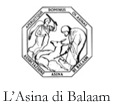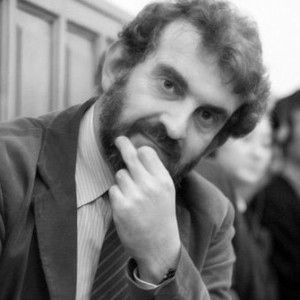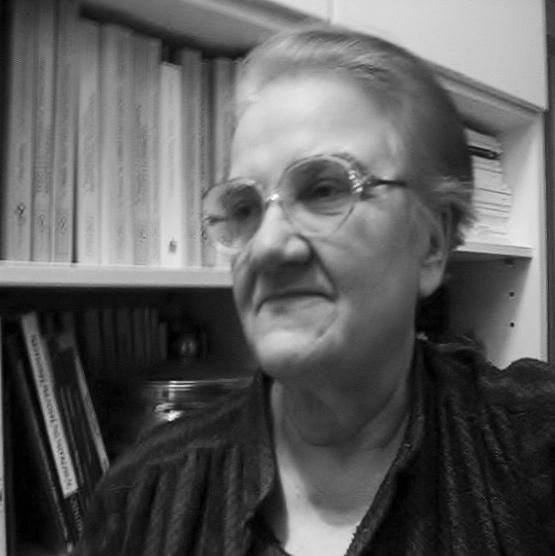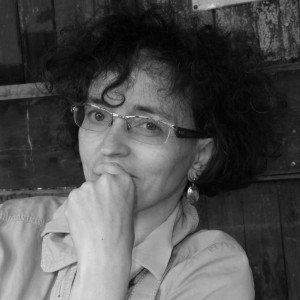Humans are fragile and vulnerable beings. This feature is not a property of other empirical data, but it is an essential aspect of the human condition. Modern Scientific culture reinforces the tendency for humanity to control nature and puts our autonomy, self-sufficiency and freedom in the foreground. Nevertheless, despite the tendency mentioned above, the main distinctive characteristic of all human beings is our vulnerability. Human beings and this is an important difference with respect to objects and artefacts have several kinds of vulnerability from the very beginning of their life. The vulnerability is not a transient feature but is, in a fundamental and primary sense, a condition that crosses our existence from birth to death. Although the media and public discourse reinforce anthropology that shows the human being as someone who holds unlimited power and has cutting-edge technologies to improve their capacities and to deal with the decisive fact of death, the truth is that we are dependents and vulnerable beings. As moral agents who live a shared existence, our fragility and mutual dependence are not something that can to be eliminated by its root. At an ontological level, human vulnerability connects with our embodiment as agents. The consciousness of our living body is what gives us a practical identity. It is only because we are bodily beings that we can engage in deep social and emotional relationships with others who have themselves their own. Paradoxically, our living body allows us to be attentive to two aspects of our clearly connected existence: first, on the one hand, our embodiment enables us to have a wide variety of relationships with other agents and with the world as a whole of which we are part. Secondly, our embodiment highlights the frustration, loss and impotence.
Cerca nel sito
Seguici


 На данный момент наибольшей популярностью пользуются беззалоговые займы и кредиты, они составляют львиную долю на рынке.
Но есть и другие формы займов, например займ под материнский капитал. Это более редкая форма, и тяжело сказать,
на сколько она реализуема с точки зрения законодательства Российской Федерации, но запрос на такой займ безусловно есть.
На данный момент наибольшей популярностью пользуются беззалоговые займы и кредиты, они составляют львиную долю на рынке.
Но есть и другие формы займов, например займ под материнский капитал. Это более редкая форма, и тяжело сказать,
на сколько она реализуема с точки зрения законодательства Российской Федерации, но запрос на такой займ безусловно есть.







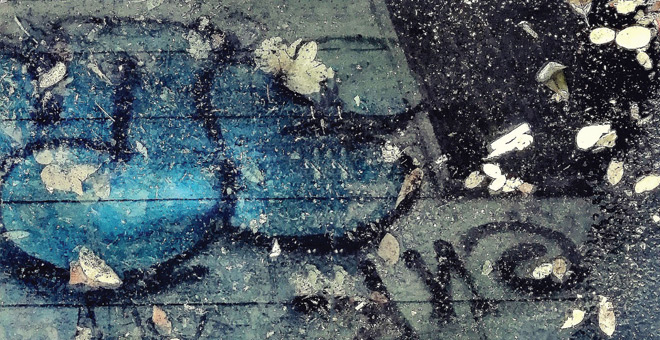

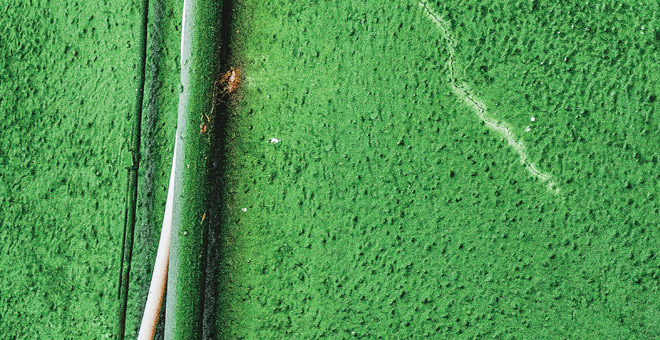




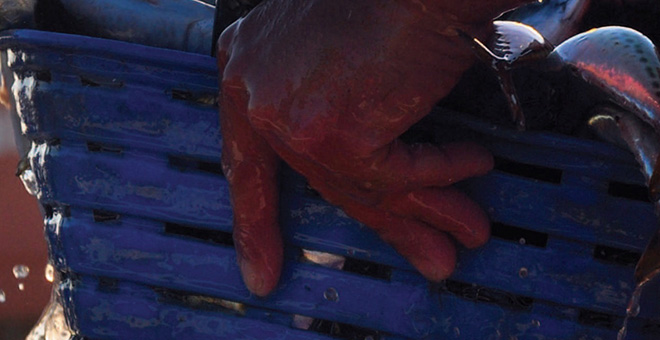
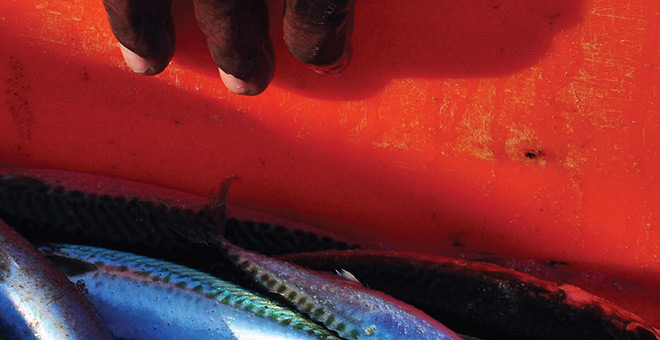

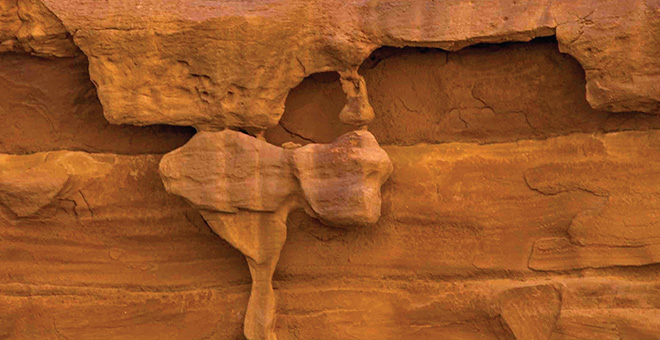
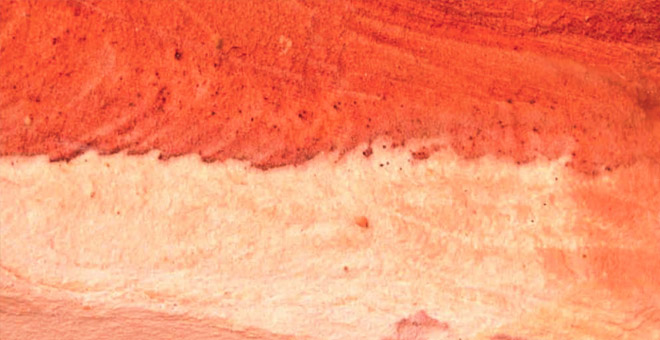

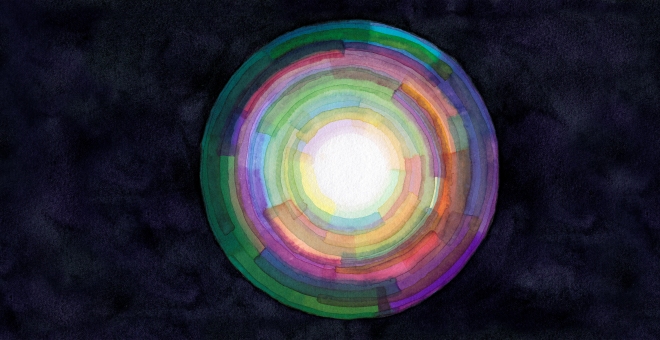


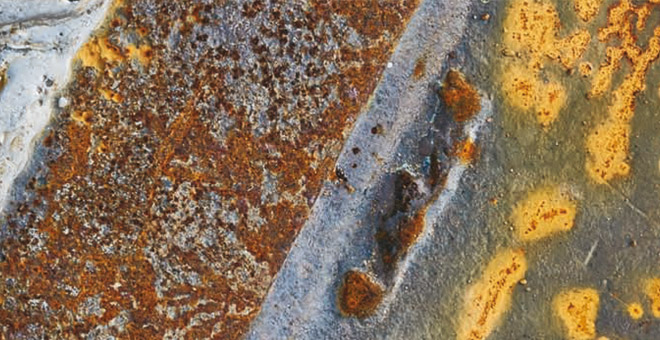
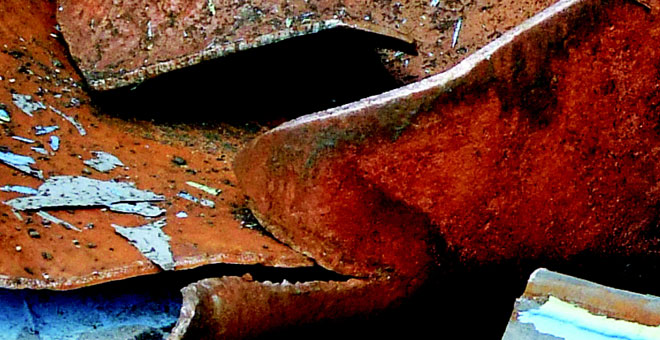

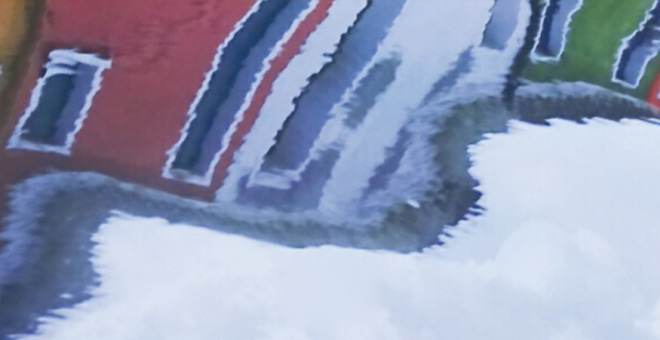

 scarica l’articolo gratuitamente
scarica l’articolo gratuitamente Area personale
Area personale
